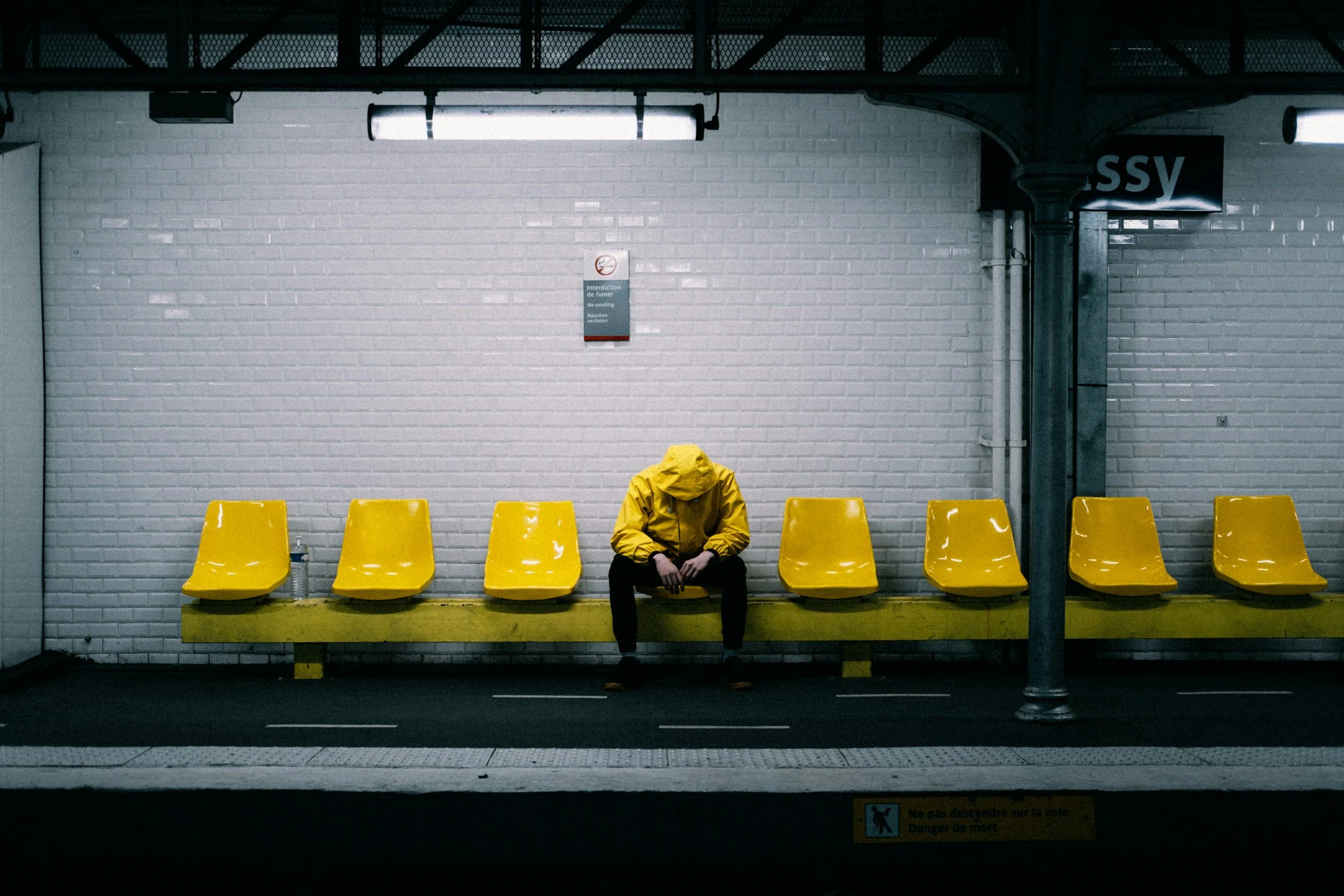Social anxiety affects millions of people—and while it can feel paralyzing and isolating, it’s also highly treatable. One of the most effective approaches? Exposure therapy for anxiety.
What Is Exposure Therapy?
Exposure therapy is a psychological treatment approach that helps people confront their fears in a structured and supportive way. Rather than avoiding anxiety-inducing situations (which reinforces fear), exposure therapy helps you face them gradually. For social anxiety, this often means slowly facing social situations that trigger fear, starting small and working your way up. Over time, your brain learns that these situations aren’t as dangerous as they feel—and your anxiety decreases.
What You Won’t Be Asked to Do Right Away
Let’s get one thing out of the way: Exposure therapy does not throw you into your biggest fear on day one. If your nightmare is giving a speech to a crowd, you’re not going to walk into a therapy session and immediately be handed a microphone.
Exposure therapy is a collaborative process. You and your anxiety therapist will work together to create a hierarchy of feared situations—from mildly uncomfortable to highly anxiety-provoking. This will become a guide as you work to take manageable steps, only moving forward when you’re ready.
Common Examples of Social Exposure Tasks
Here are some of the kinds of situations you might practice in exposure therapy for social anxiety:
Making eye contact and saying hello to a stranger
Asking a store employee a question
Ordering food in a restaurant
Speaking up in a small group setting
Making a phone call in front of someone
Expressing a disagreement or opinion
Giving a short presentation to your therapist
Each task is designed to challenge your fears in a safe, measured way. The goal is not to eliminate discomfort immediately, but to build tolerance and confidence through repetition.
Expect Anxiety - AND Growth
It’s called exposure therapy for a reason. Facing your fears will feel uncomfortable at first. But over time, your anxiety will begin to lessen. This process is known as “habituation.” Your brain starts to realize: “I can handle this. I’m okay.” You’ll also likely experience “expectancy violation,” which means the scary thing you thought would happen (e.g., people laughing at you or judging you harshly) usually doesn’t. More importantly, even if your fears do come true (for example you get rejected), you learn that you are still ok and you can cope with more than you thought you could. Your therapist will also teach you new skills for coping with challenges and anxiety.
Your Therapist Is Your Partner
You won’t be doing this alone. A skilled anxiety therapist will guide you, encourage you, and help you reflect on what you learn during each exposure. They may ask you to keep a journal, rate your anxiety before and after exposures, or notice how your thoughts shift over time. The work happens both in sessions and in between—through homework assignments that reinforce what you’ve practiced.
You Set the Pace
One of the biggest myths about exposure therapy is that it’s forceful or rigid. In reality, it’s about empowerment. You and your therapist decide the pace together. You’ll never be pressured to do something you’re not ready for. The goal is progress, not perfection.
You Might Feel Worse Before You Feel Better—and That’s Okay
Progress in exposure therapy for anxiety isn’t always linear. Some situations might feel harder than expected. That’s normal. Working through discomfort is part of the healing process. Stick with it, and you’ll likely notice meaningful change in your confidence, self-esteem, and day-to-day interactions.
The National Social Anxiety Center (NSAC)
We’re proud to announce the news of our participation with the National Social Anxiety Center as their regional clinic for Western North Carolina. Our shared mission is to enhance access to support, treatment, and resources for people living with social anxiety. We are excited to strengthen our shared commitment to promoting mental wellness through evidence-based tools, education, and compassionate care. We invite you to consider us in the journey toward mental and emotional wellness!
Get Started on Relieving Your Social Anxiety
Want to see if exposure therapy for anxiety is a good fit for you? Consider reaching out to our team of caring therapists! We can discuss personalized strategies through online and in-person support from Strive On Counseling.
If you’re interested in finding out more, follow these steps:
Meet with a compassionate CBT therapist
Begin your journey to healing and relief!
Other Services Offered by Strive On Counseling in North Carolina
At Strive On Counseling, we understand that anxiety and depression are just one part of a larger picture of mental health. That’s why we offer a range of mental health services designed to support your overall well-being. In addition to CBT therapy, our services include individual counseling, anxiety treatment, EMDR trauma therapy, therapy for men’s issues, mindfulness practices, Buddhist counseling, and teletherapy/online therapy. Some other resources we offer include guided meditations, a list of books and other useful resources, and online courses. If you would like more information about any of these services, please don’t hesitate to reach out and start your therapy journey in North Carolina today!




